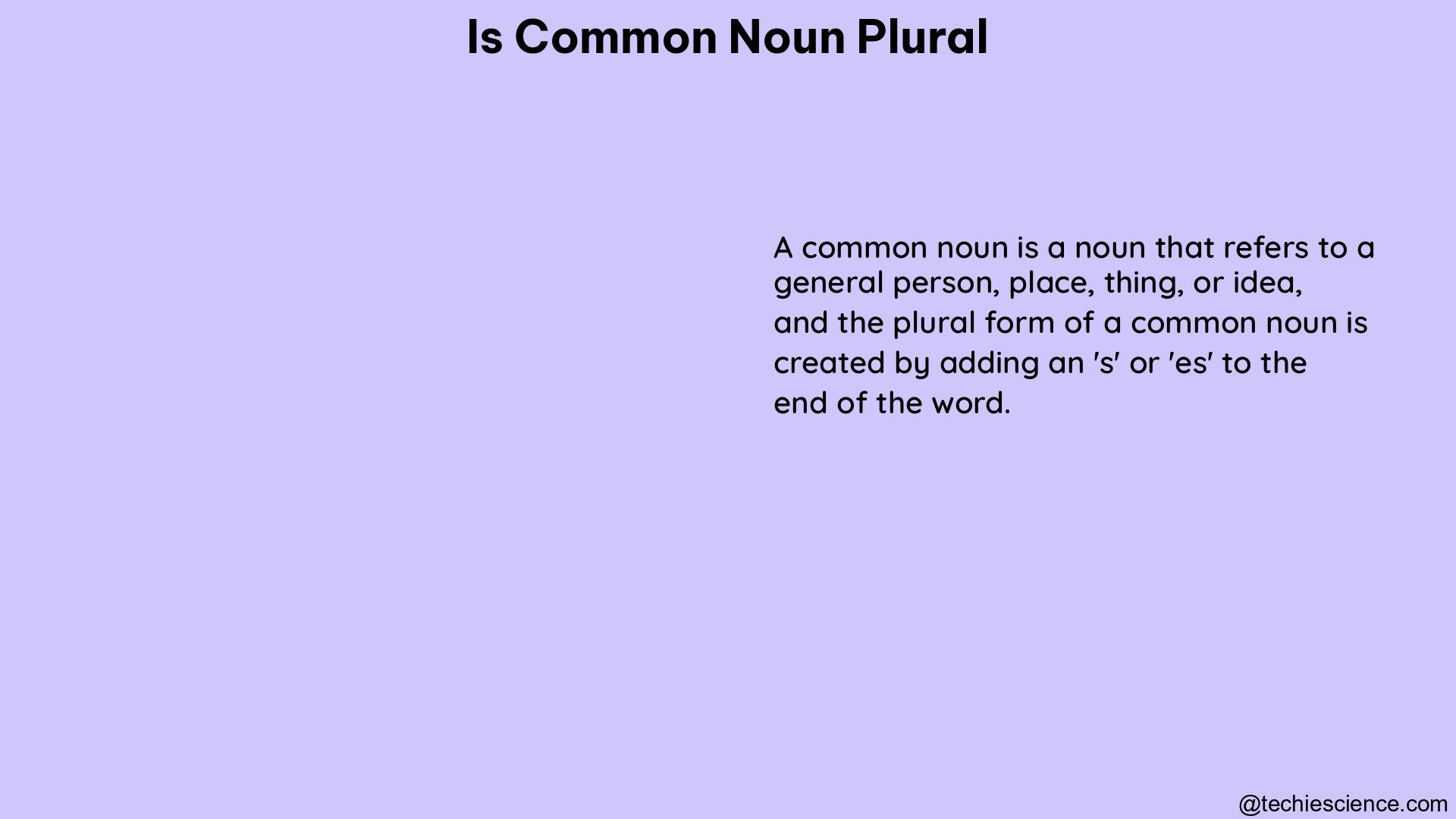The Comprehensive Guide to Pluralizing Common Nouns
Mastering the art of pluralizing common nouns is a crucial aspect of English grammar. Whether you’re a student, a writer, or simply someone who wants to communicate effectively, understanding the rules and exceptions for forming plural common nouns is essential. In this comprehensive guide, we’ll delve into the intricacies of pluralizing common nouns, providing you … Read more
